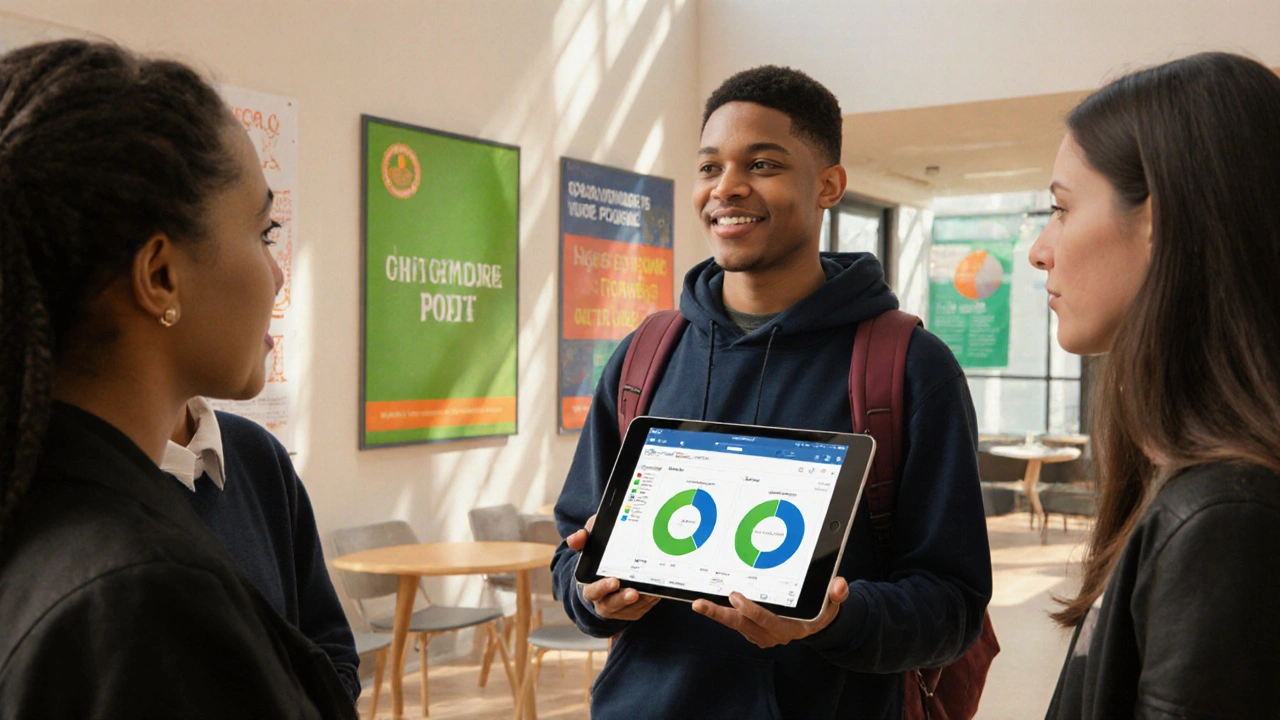Job Skills 2025: What UK Students Need to Learn Now
When we talk about job skills 2025, the practical abilities students need to land and keep a job after graduation. Also known as graduate employability skills, it’s not just about what you studied—it’s about how you think, adapt, and solve problems in real work environments. Employers aren’t just looking for top grades anymore. They want people who can manage their time under pressure, use digital tools without help, and communicate clearly—even when things go wrong. And these aren’t abstract ideas. They’re the exact skills shown in your daily student life: juggling deadlines, fixing group project conflicts, or figuring out how to use Zotero when your citation won’t format right.
One major cluster of digital literacy, the ability to use technology effectively and safely for work and learning is now non-negotiable. Whether it’s managing direct debits for rent, using Excel to track your budget, or formatting a bibliography in EndNote, these aren’t tech classes—they’re survival skills. And they’re already in your hands. The same student who learns how to find academic articles using university databases is building research skills that translate directly to market analysis, competitor reports, or client data review. Then there’s soft skills for students, interpersonal and emotional abilities like communication, teamwork, and resilience. Think about how you handle a group assignment with three different personalities, or how you ask for an extension without sounding desperate. That’s negotiation. That’s emotional intelligence. That’s what managers notice.
And it’s not just about what you learn—it’s about how you show it. A student who uses Monzo to track spending is learning financial discipline. Someone who writes Instagram posts about campus life is practicing storytelling and audience awareness. Even knowing when to take a coach instead of a train because you’re on a budget? That’s resourcefulness. These aren’t side hobbies. They’re proof you can handle real-world demands. The posts below don’t just talk about study tips or student life—they show you exactly how to turn your everyday actions into career-ready skills. You’ll find guides on managing stress before exams (that’s resilience), setting up direct debits (that’s financial responsibility), and even how to verify if your university actually delivers job outcomes (that’s critical thinking). There’s no magic formula. Just real habits, built now, that make you stand out when you graduate.
Published on Nov 1
0 Comments
UK students need more than good grades to get hired. Employers want real skills like problem-solving, communication, and initiative. Here’s how to build them before graduation - no internship required.
